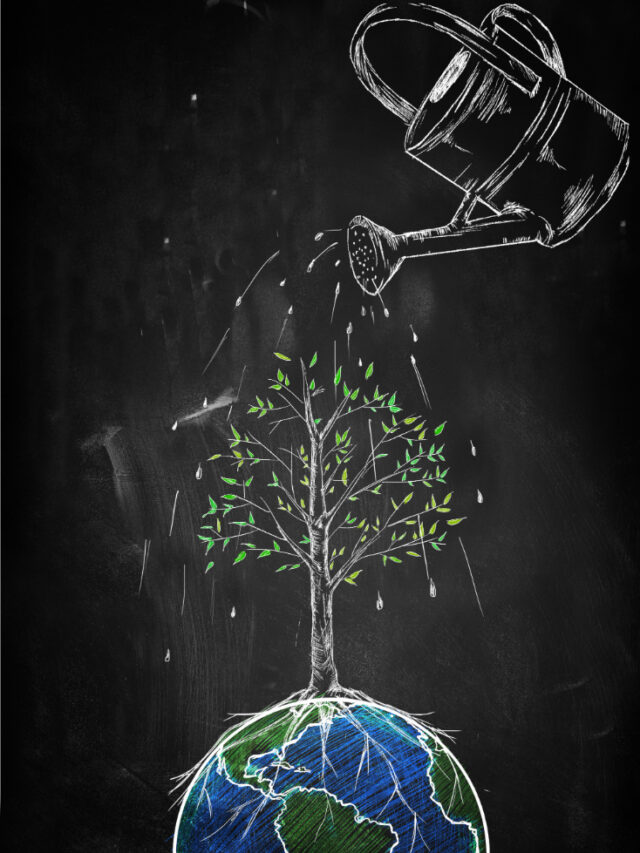I wanted to share some thoughts on something that’s been on my mind lately—depression. It’s a topic that’s often misunderstood, and I think it’s important to talk about it in a way that makes sense and feels approachable.
When someone whom you know is struggling to get out of bed, even though their favorite coffee is waiting for you. It’s not only because they had a long day yesterday; it’s something deeper. This might be depression. But don’t worry—recognizing it is the first step towards feeling better.
What is Depression?
It’s a persistent feeling of sadness and a loss of interest in things you used to enjoy. Depression is a mood disorder that’s more than just feeling sad or having a rough day. It affects how you feel, think, and behave, and it can lead to various emotional and physical problems, which can have a long-term effect. But it’s important to remember that depression is treatable.
Here are some common depression symptoms to look out for:
- Feelings of sadness, tearfulness, emptiness, or hopelessness: These feelings often linger and can feel overwhelming.
- Angry outbursts, irritability, or frustration: Even small things can trigger intense emotions.
- Sleep disturbances: Trouble sleeping or sleeping too much.
- Tiredness and lack of energy: Everyday tasks can feel exhausting.
- Changes in appetite: Either reduced appetite and weight loss or increased cravings and weight gain.
- Feelings of worthlessness or guilt: Fixating on past failures or self-blame.
- Trouble thinking, concentrating, making decisions, and remembering things: Cognitive functions can be significantly impaired.
- Unexplained physical problems: Issues like back pain or headaches.
If you or someone you know has been feeling down or miserable most of the time for more than two weeks, or if there’s been a loss of interest in most usual activities, it might be time to think about seeking help.
Understanding the Causes of Depression
Depression doesn’t just appear out of nowhere. It usually results from a combination of various factors:
- Genetic factors: A family history of depression can increase the risk.
- Biological factors: Changes in brain chemistry can contribute.
- Environmental factors: Stressful life events like the loss of a loved one, financial issues, or major life changes can trigger depression.
- Psychological factors: Traits like low self-esteem or being overly self-critical can make someone more susceptible.
In many places, depression isn’t widely recognized or understood. People might not know how to identify the symptoms or might feel ashamed to seek help. It’s crucial to raise awareness and let everyone know that it’s okay to seek help and that depression is treatable.
Depression is Curable: Some of the Depression Treatment Options
The best news? Depression is curable. With the right treatment and support, people can and do recover. Here are some treatment options:
- Therapy: Talking to a mental health professional can help you understand and manage your thoughts and feelings. Cognitive-behavioral therapy (CBT) is a common and effective form of therapy.
- Medication: Antidepressants can help balance the chemicals in your brain that affect mood and emotions.
- Lifestyle changes: Regular exercise, a healthy diet, and getting enough sleep can improve your overall well-being and help manage symptoms.
- Support networks: Connecting with friends, family, or support groups can provide emotional support and reduce feelings of isolation.
It’s important to stay positive and remember that seeking help is a sign of strength, not weakness. Depression can be overwhelming, but you don’t have to go through it alone. Reach out to someone you trust, talk about what you’re experiencing, and seek professional help if needed.
Depression is more than just feeling sad. It’s a serious mood disorder that affects many aspects of life, but it’s also treatable. By understanding the symptoms and causes, and by seeking the right help, you can manage and overcome depression.
Stay positive and remember that brighter days are ahead. If you or someone you know is struggling with depression, don’t hesitate to seek help. You deserve to feel better, and with the right support, you can.
Take care, and remember that your mental health matters and mental health awareness is important.








